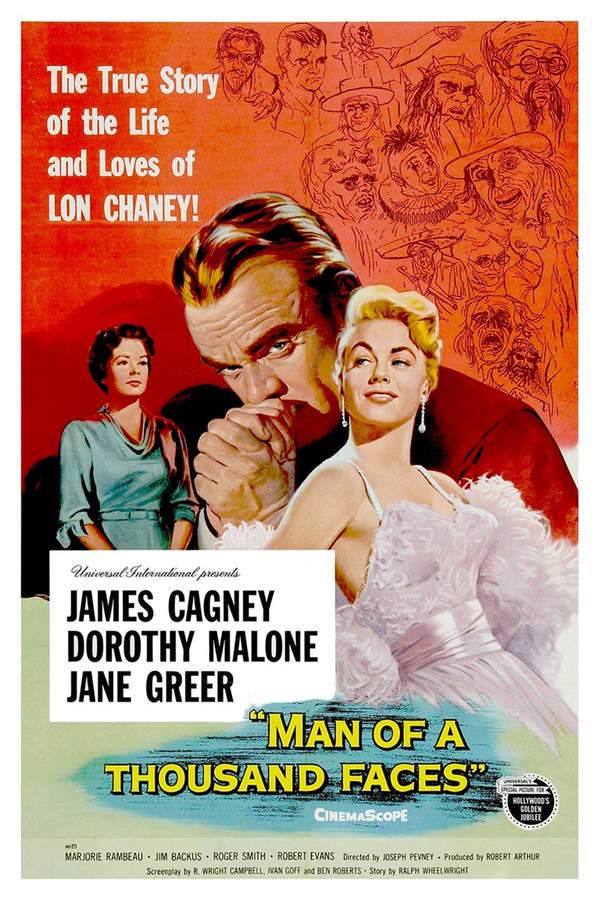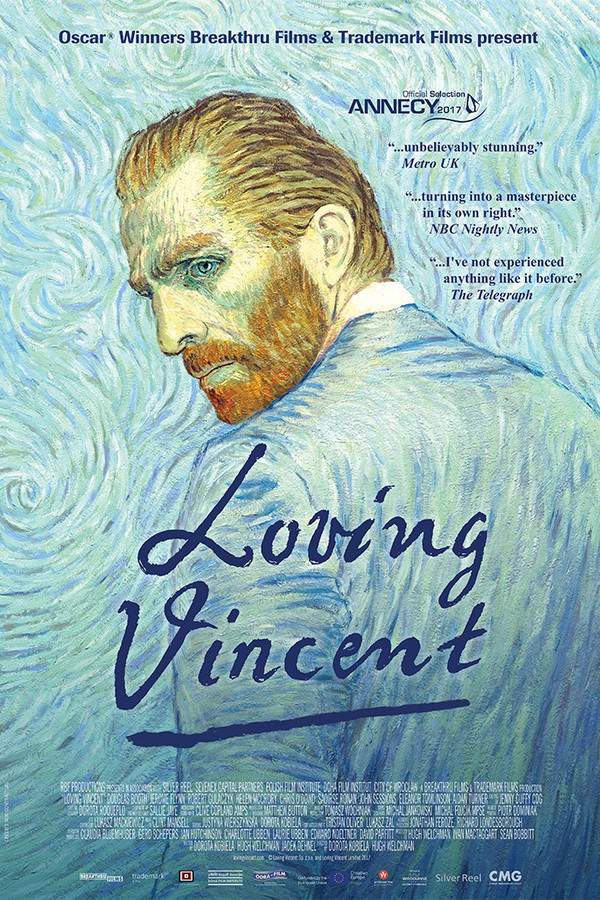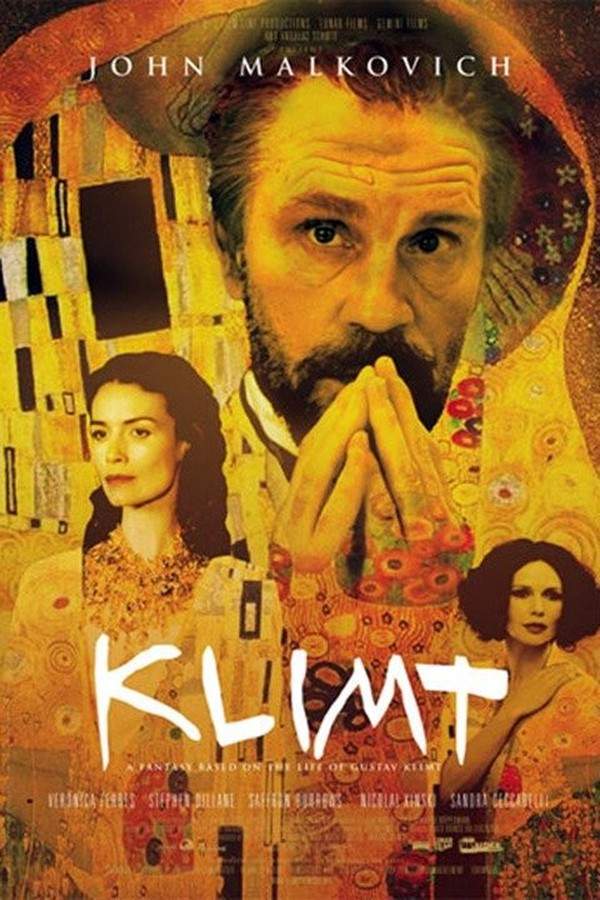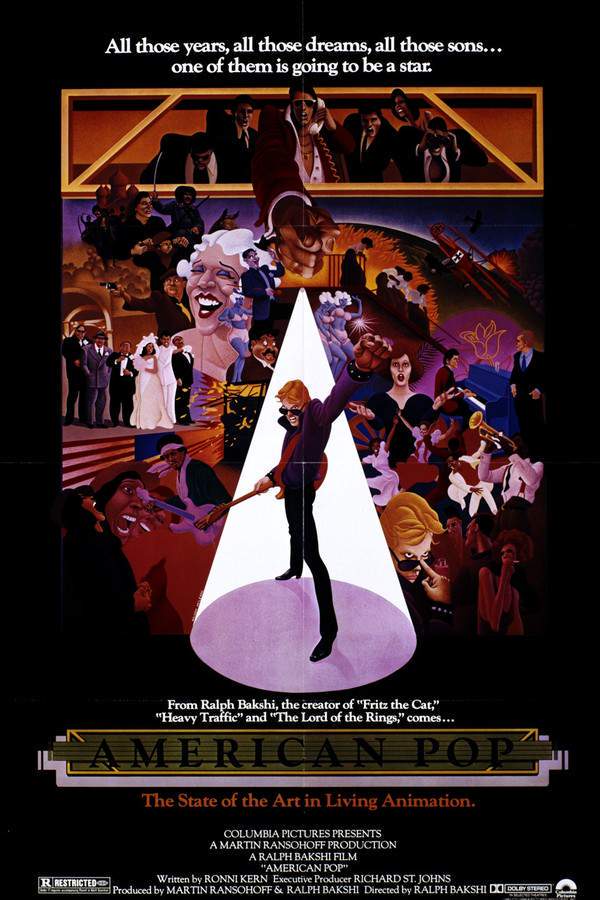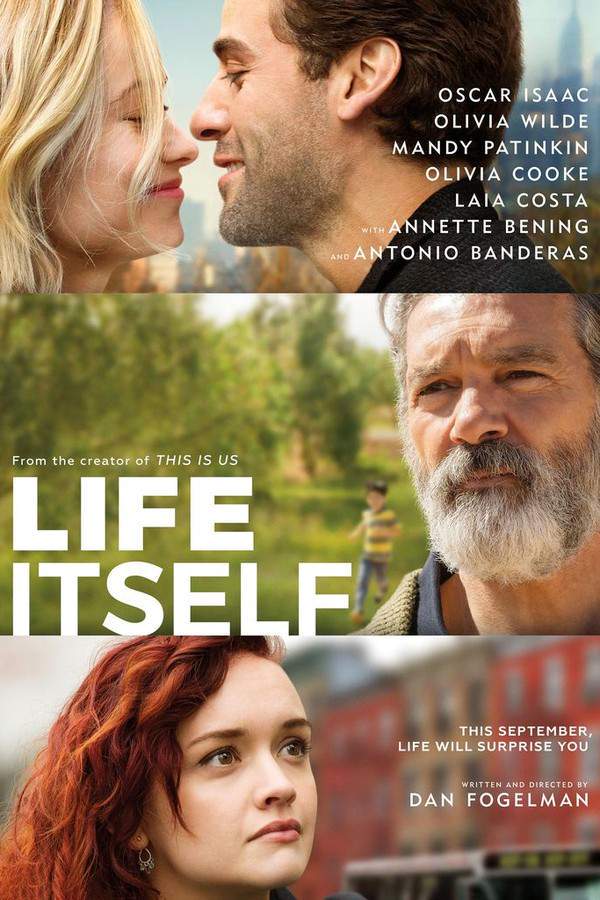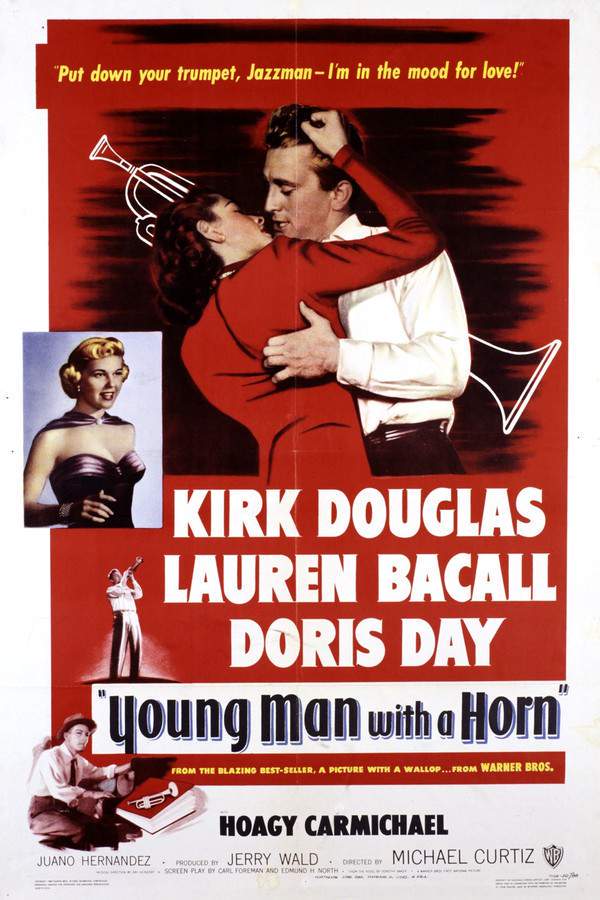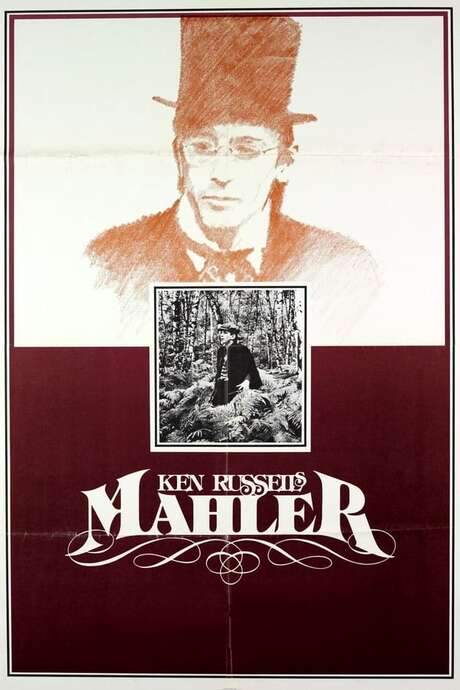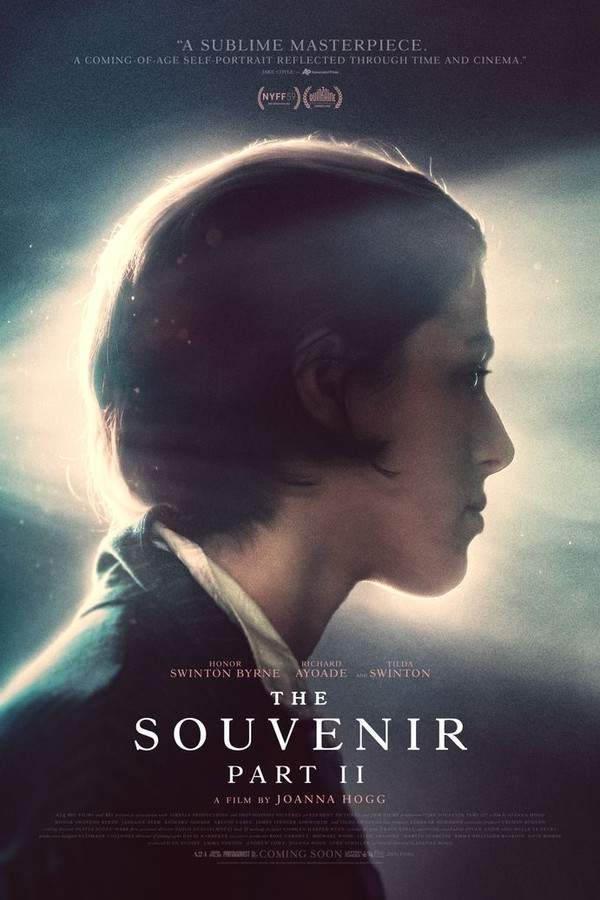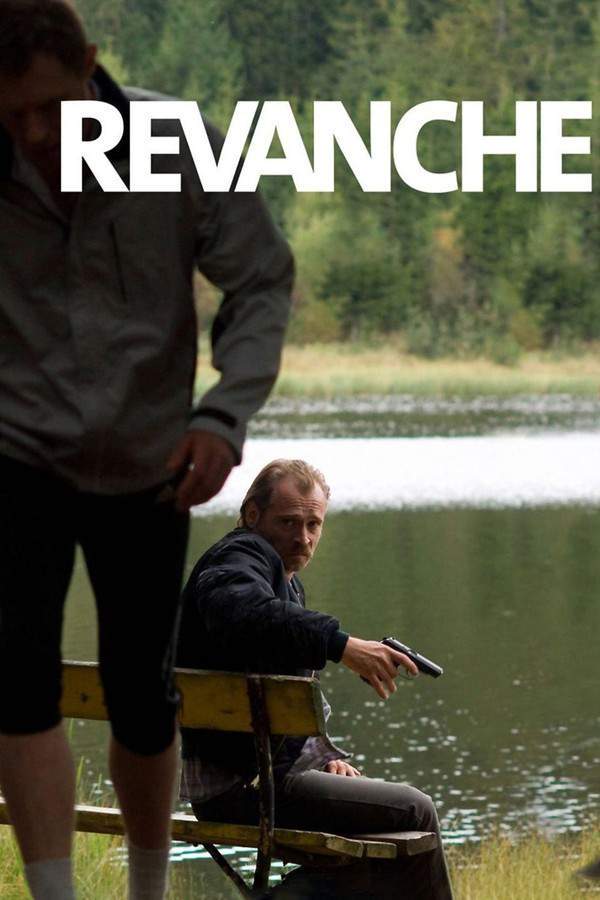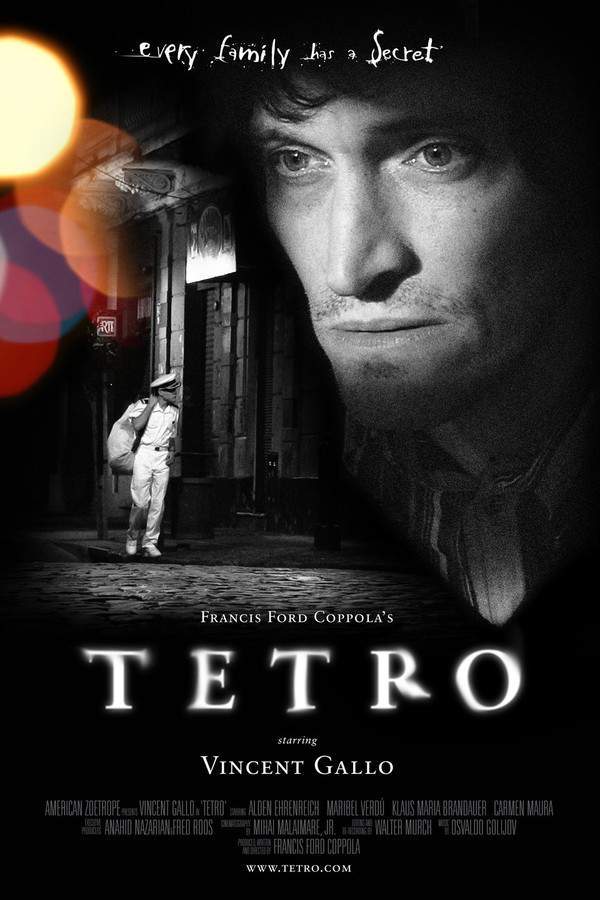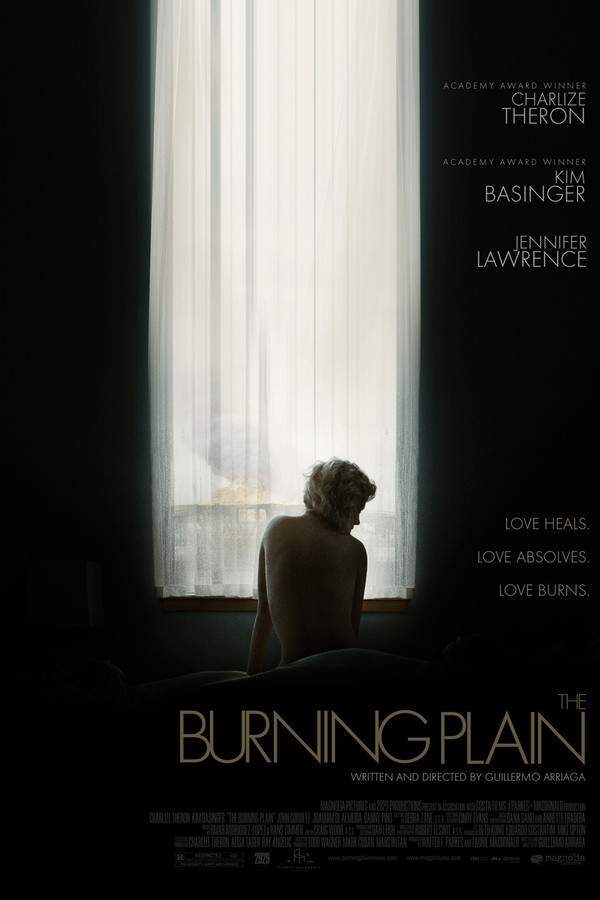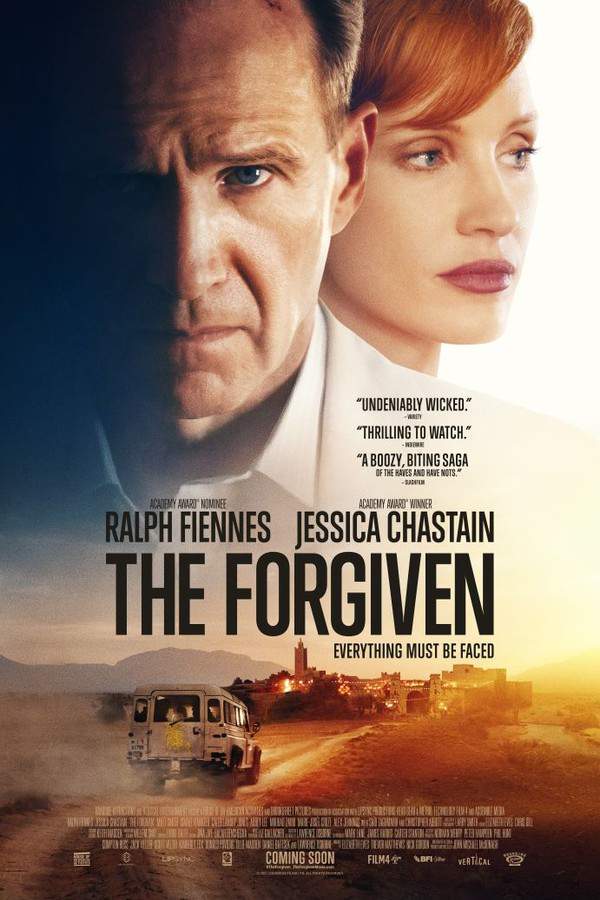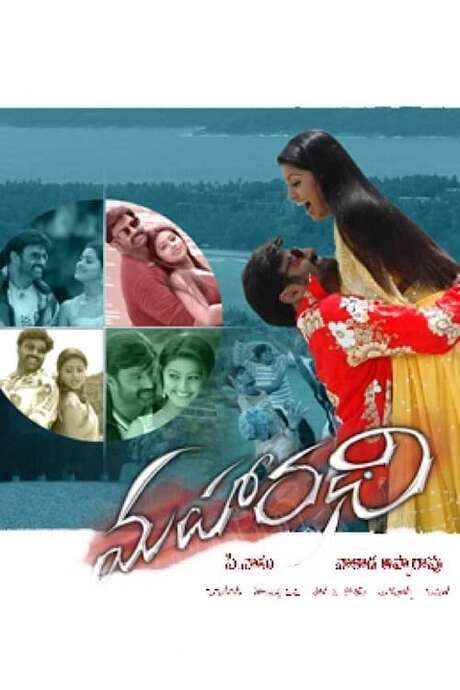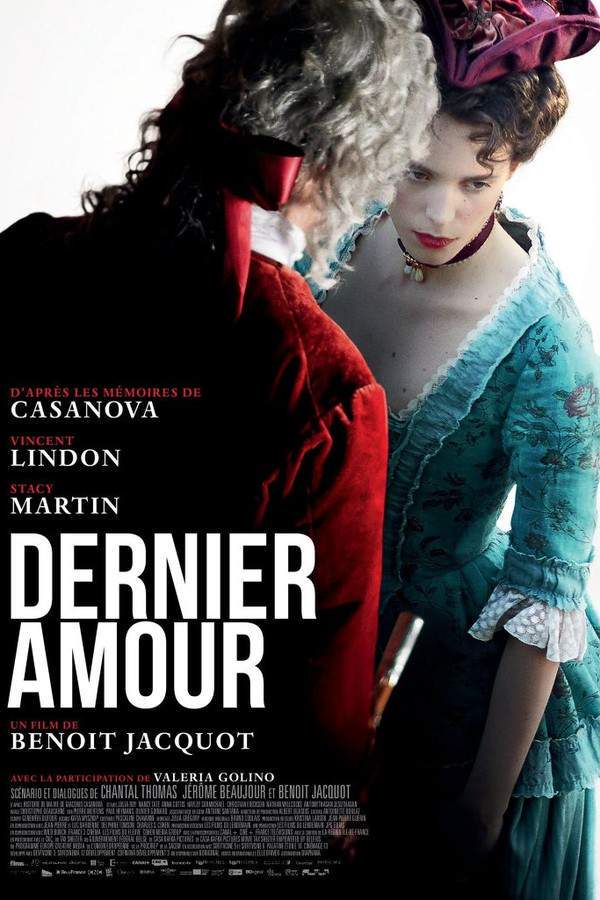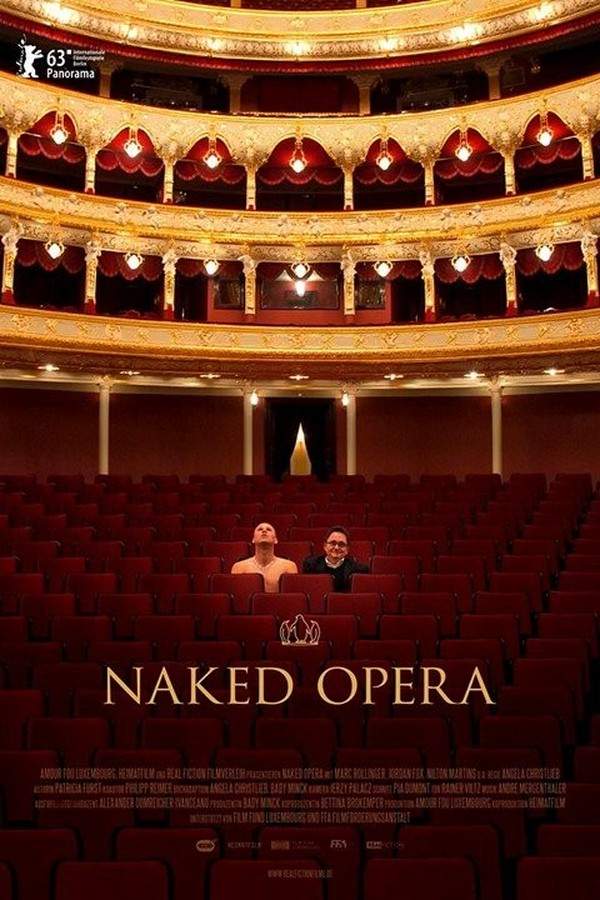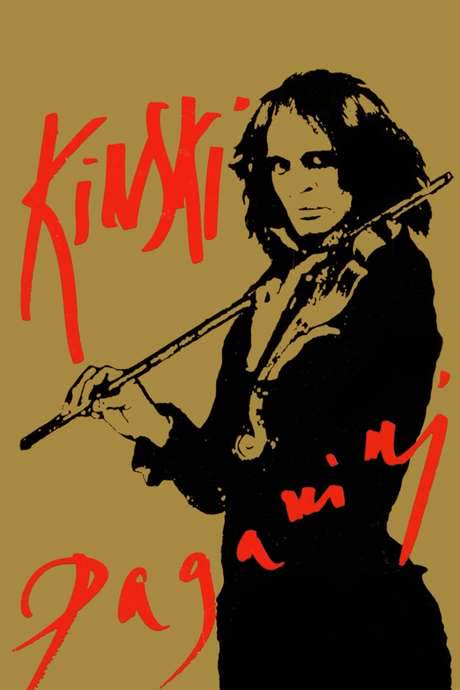
Farinelli
Year: 1994
Runtime: 111 mins
Language: French
Director: Gérard Corbiau
Where does the power of his voice end? The life and career of Italian opera singer Farinelli, considered one of the greatest castrato singers of all time.
Warning: spoilers below!
Haven’t seen Farinelli yet? This summary contains major spoilers. Bookmark the page, watch the movie, and come back for the full breakdown. If you're ready, scroll on and relive the story!
Farinelli (1994) – Full Plot Summary & Ending Explained
Read the complete plot breakdown of Farinelli (1994), including all key story events, major twists, and the ending explained in detail. Discover what really happened—and what it all means.
Carlo Broschi Stefano Dionisi, known to history as Farinelli, opens with a haunting memory from his church choir days. A newly castrated boy bursts in, warns that the boy’s voice will bring death, and then ends his own life. This traumatic moment shadows Carlo’s early sense of vocation and fate. He is visibly shaken when asked to sing a piece from his older brother Riccardo Enrico Lo Verso for his mentor, Nicola Porpora Omero Antonutti. He breaks down, seeking comfort from his father, who imposes a hard promise: never again refuse his brother’s voice. The emotional weight of that pledge forms a quiet undertone as the film shifts to its main setting.
The story proper sweeps us to Madrid, at the grand palace of King Philip V Jacques Boudet. Riccardo Broschi Enrico Lo Verso arrives demanding a reunion with his celebrated sibling, while Carlo, now celebrated under the name Farinelli Stefano Dionisi, refuses to acknowledge him. The reunion will unfold mostly through flashback, revealing the complex bond between the brothers and the fertile, dangerous web of ambition around them.
Eighteen years earlier, Carlo and Riccardo witness a vulgar trumpeter humiliate a young castrato. Carlo responds with a bold, public humiliation of the trumpeter, igniting the crowd’s delight. In a display of shared audacity, Riccardo seduces a woman in the crowd, using Carlo as bait for the moment; Carlo begins to court her, and Riccardo finishes the act. Across the street, George Frideric Handel Jeroen Krabbé happens to hear Farinelli sing from his carriage and invites him to Britain. Riccardo insists on joining, and Handel, not impressed, scorns both brothers and leaves, setting up a pattern of artistic rivalry and personal friction that will reverberate throughout the tale.
Time passes, and Carlo’s star rises. He wins the attention of the Comtesse Mauer Marianne Basler, a wealthy, bookish woman whose sensibilities differ sharply from the opera world’s flamboyance. The brothers’ sexual dynamics remain volatile: Carlo seduces the comtesse’s maid, while Riccardo consummates the arrangement himself. When Carlo receives a summons to Dresden from Handel, his health falters with fever just as Riccardo repeats a childhood tale—one that has long haunted Carlo—about an accident that necessitated his illegal castration. In Dresden, Handel meets Carlo just before the curtain rises and reveals that King George II wants him to sing. Nervous and pale, Carlo faints on stage, and Handel departs with a measured sense of superiority.
Soon after, Alexandra Lerris Elsa Zylberstein beckons Carlo to London. There, Handel’s Covent Garden opera house is draining funds from the rival Opera of the Nobility, supported by the Prince of Wales Graham Valentine and run by Porpora Omero Antonutti. In London, Carlo meets Margareth Hunter Caroline Cellier and her disabled son Benedict Renaud du Peloux de Saint Romain. Carlo proposes to Margareth, but she refuses out of respect for her late husband. Carlo starts to see that Riccardo’s ornate scores, while technically brilliant, may lack true artistry, a realization that deepens his longing for Handel’s operatic world. Alexandra, who loves Carlo, quietly steals some of Handel’s music to help him shine on stage.
Handel’s machinations become clearer as Riccardo reveals, in a flashback-within-a-flashback, that their father’s fear of losing Carlo’s voice drove him to orchestrate the castration, drugging his son and promising to compose a grand opera—Orpheus—that would elevate him to legendary status. The revelation deepens the brothers’ rift, yet Handel ultimately allows Farinelli to sing the stolen music backstage, and Carlo delivers the aria Lascia ch’io pianga with such grace that Handel himself faints, overwhelmed by the music and the moment.
When the flashback ends, we learn that Carlo and Alexandra have fled to the royal court of Spain, having not sung publicly since their triumph at the Opera of the Nobility several years earlier. Despite the rift, Alexandra understands the bond between the brothers and strives to reconcile them by orchestrating Riccardo’s stolen “Orpheus.” Carlo recognizes that Riccardo has, at last, written the masterwork he was promised, yet forgiveness remains complicated. He sings for King Philip V during a solar eclipse, a performance that moves Riccardo to tears and brings a reckoning with guilt.
Riccardo’s remorse drives him toward a desperate act—an ailing attempt at self-destruction. He is found unconscious from blood loss and is brought to Carlo and Alexandra’s home, where he recovers. In a pivotal moment of mercy and reparation, Carlo forgives Riccardo for the years of pain—and the castration that was supposed to free him to create greatness. The brothers’ reconciliation is not merely emotional; it culminates in a shared, intimate act with Alexandra, binding their fates in a complicated triad.
Months pass, and Alexandra is pregnant with Riccardo’s child. Carlo and Alexandra welcome the child as their own, a decision that underscores the nuanced, imperfect humanity at the story’s center. In the end, Riccardo leaves Madrid to seek his fortune as a composer, comforted by the belief that his departure, and the child left behind, have given Carlo back a portion of his humanity—the very thing that makes art meaningful and life worth living.
This portrait of fame, rivalry, talent, and the frailties of family offers a restrained, immersive look at how music, power, and love collide in a world where voices can be both salvation and ruin. The film threads together intimate moments of tenderness with grandiose public performances, inviting viewers to consider what price is paid for artistic genius and how forgiveness can emerge from the most fractured of bonds.
Last Updated: October 09, 2025 at 12:39
Explore Movie Threads
Discover curated groups of movies connected by mood, themes, and story style. Browse collections built around emotion, atmosphere, and narrative focus to easily find films that match what you feel like watching right now.
Films about tragic artistic genius like Farinelli
Exploring the immense personal cost and trauma behind great artistic talent.If you were moved by the emotional weight and tragic sacrifice in Farinelli, explore these similar movies about artistic genius. These dramas follow renowned creators whose immense talent comes at a heavy personal cost, blending historical depth with profound emotional journeys.
Narrative Summary
Stories in this thread typically follow a linear or non-linear biographical structure, revealing how traumatic past events, familial pressures, or personal demons shape an artist's work and lead to a life marked by both brilliance and profound loss. The central conflict is often between the demands of art and the needs of the self.
Why These Movies?
These films are grouped together because they share a deep focus on the inextricable link between artistic greatness and personal suffering. They possess a melancholic tone, heavy emotional weight, and explore themes of talent, sacrifice, and the price of immortality through one's art.
Movies about complex family forgiveness like Farinelli
Stories where deep betrayal is followed by a difficult, imperfect path to forgiveness.Viewers who appreciated the nuanced story of brotherly betrayal and reconciliation in Farinelli will find more powerful films here. These emotional dramas explore fractured relationships, the heavy burden of forgiveness, and the bittersweet healing that comes after irreparable damage.
Narrative Summary
The narrative pattern involves a pivotal, traumatic betrayal (often revealed through flashbacks) that defines the characters' lives. The main plot follows a slow, reluctant confrontation with the past, leading to a climactic emotional reckoning. The resolution is not about erasing the past but achieving a painful, bittersweet understanding and a form of limited peace.
Why These Movies?
This thread groups movies that share a specific emotional arc: from rage and betrayal toward a complicated, intimate reconciliation. They are characterized by a steady pace, complex character psychology, a heavy emotional weight, and an ending that feels bittersweet rather than purely happy or sad.
Unlock the Full Story of Farinelli
Don't stop at just watching — explore Farinelli in full detail. From the complete plot summary and scene-by-scene timeline to character breakdowns, thematic analysis, and a deep dive into the ending — every page helps you truly understand what Farinelli is all about. Plus, discover what's next after the movie.
Farinelli Timeline
Track the full timeline of Farinelli with every major event arranged chronologically. Perfect for decoding non-linear storytelling, flashbacks, or parallel narratives with a clear scene-by-scene breakdown.

Characters, Settings & Themes in Farinelli
Discover the characters, locations, and core themes that shape Farinelli. Get insights into symbolic elements, setting significance, and deeper narrative meaning — ideal for thematic analysis and movie breakdowns.

Farinelli Spoiler-Free Summary
Get a quick, spoiler-free overview of Farinelli that covers the main plot points and key details without revealing any major twists or spoilers. Perfect for those who want to know what to expect before diving in.

More About Farinelli
Visit What's After the Movie to explore more about Farinelli: box office results, cast and crew info, production details, post-credit scenes, and external links — all in one place for movie fans and researchers.

Similar Movies to Farinelli
Discover movies like Farinelli that share similar genres, themes, and storytelling elements. Whether you’re drawn to the atmosphere, character arcs, or plot structure, these curated recommendations will help you explore more films you’ll love.
Explore More About Movie Farinelli
Farinelli (1994) Scene-by-Scene Movie Timeline
Farinelli (1994) Movie Characters, Themes & Settings
Farinelli (1994) Spoiler-Free Summary & Key Flow
Movies Like Farinelli – Similar Titles You’ll Enjoy
Casanova, Last Love (2021) Full Summary & Key Details
Naked Opera (2014) Ending Explained & Film Insights
Figaros Wölfe (2017) Full Summary & Key Details
Casanova, Last Love (2019) Film Overview & Timeline
Making Love (2000) Full Summary & Key Details
Singing Behind Screens (2003) Story Summary & Characters
Nero and Poppea - An Orgy of Power (1982) Full Movie Breakdown
Paganini (1989) Complete Plot Breakdown
The Mozart Brothers (1986) Film Overview & Timeline
Young Lucrezia (1974) Movie Recap & Themes
Don Giovanni (1979) Ending Explained & Film Insights
Ferdinando and Carolina (1999) Complete Plot Breakdown
The Great Caruso (1951) Full Summary & Key Details
Of Freaks and Men (1998) Complete Plot Breakdown
Fellini’s Casanova (1976) Movie Recap & Themes


